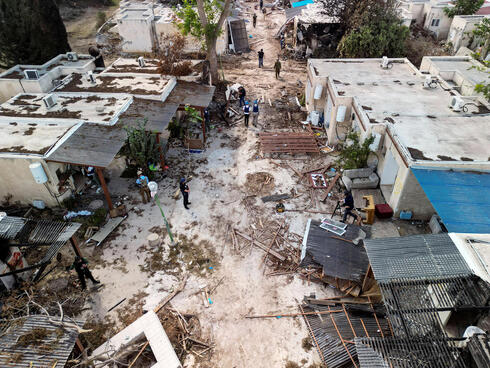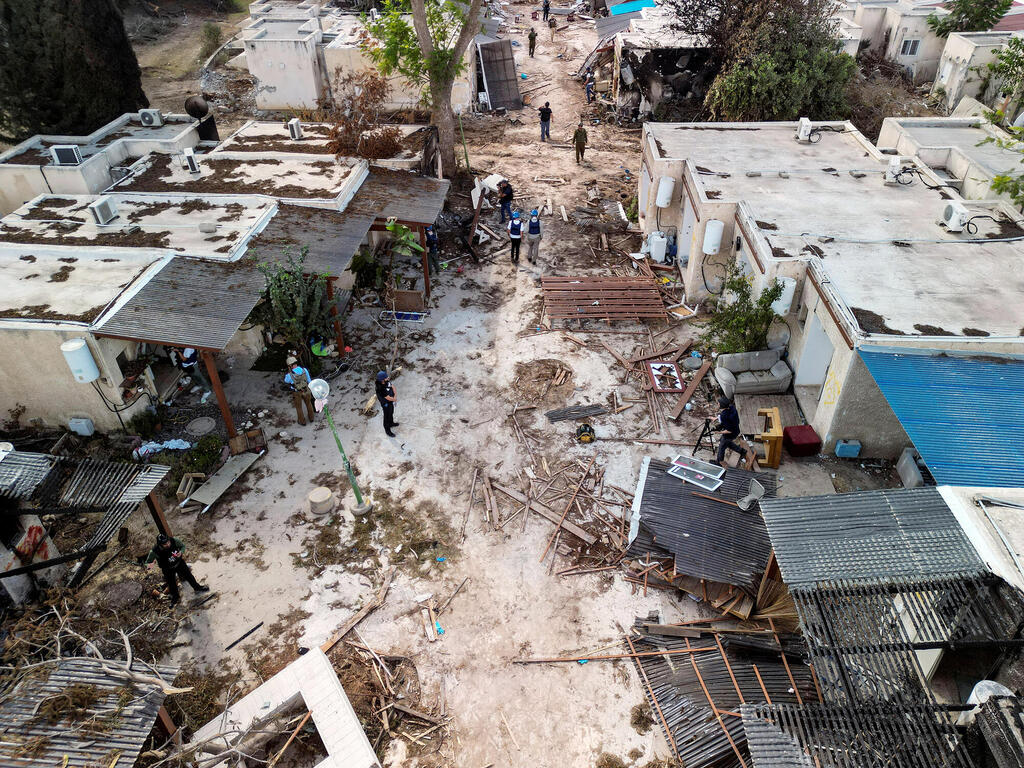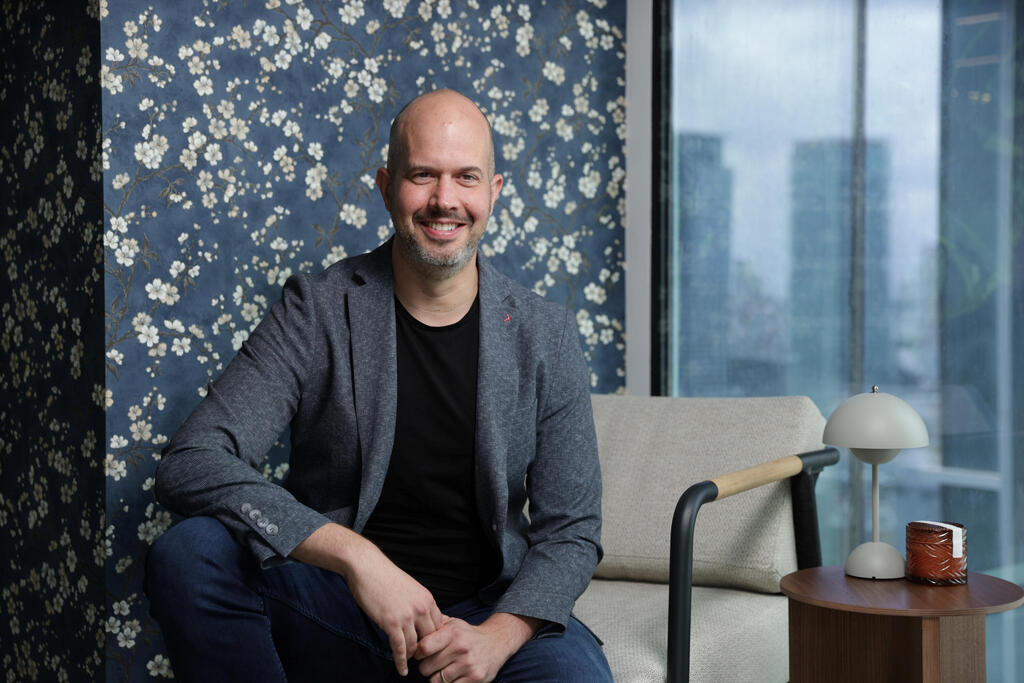
ISRAEL AT WAR
Israeli high-tech’s next great mission: rebuilding the Western Negev communities
Senior VP at Palo Alto Networks and chairman of Place.IL, Idan Tendler, writes about the contributions of the high-tech industry to Israel’s war effort and the need to continue those efforts in the days after the war.
In order for residents of Western Negev communities to be able to return to their homes in the aftermath of the war, Israel will need to defeat Hamas and restore absolute security. The government must also make significant investment in infrastructure a national priority, but this isn’t enough. Without creating a diverse employment infrastructure, we will not succeed in generating prosperity and growth in this war-torn region. The high-tech industry's spirit and ability to perform should also be channeled into this new national mission.
Since October 7, despite our grief and anger, the spirit of Israeli society remains strong and inspiring. Since the founding moments of 1948, we have not seen such a show of solidarity, energy, mobilization, and a burst of generosity. This sense of brotherhood was created by all of us, the people of Israel; the citizens who defended us with their bodies, some of whom paid with their lives, the soldiers and the police, the reserve forces, civil society, volunteers in the field and at the home front, "Brothers to Arms," NGOs, philanthropy, and also high-tech companies.
We have witnessed the contribution of the high-tech sector in times of emergency to the security of Israel and its citizens, especially in places where the government failed to act quickly and forcefully. Many companies and investment firms donated money, resources, or technology to assist in the rapid procurement of military equipment or in helping hundreds of thousands of evacuees. Dozens of companies adopted communities in the periphery and many employees volunteered to aid in local agriculture which has suffered.
“Companies like Fiverr, Wix, and Monday.com have provided logistical, technological, and professional support to the country’s largest civil defense forces. Entrepreneurs and technological task forces assisted security forces in evacuating those who were besieged and identifying victims and missing persons, and many are still engaged in the main effort to bring back the hostages. Philanthropic projects like "Our Children's Resilience," which provides therapeutic and educational support for children from Western Negev communities, received technological support from high-tech companies for data infrastructure management.
The significant contribution of the high-tech industry and its people to this war is not a one-time occurrence. It is the beginning of a welcome trend and indicates a change in the perception of Israel’s operations - civil society and the high-tech industry are becoming full partners in the state’s emergency operations.
What about after the war? Will we see the same contribution, energy, and entrepreneurial spirit then? I have no doubt that we will. The high-tech industry will continue to contribute to Israeli resilience on the day after the war, and a central effort will be, I believe, in the development and strengthening of Israeli settlement in the Western Negev and the Gaza periphery.
The entrepreneurial spirit of high-tech can be applied to a variety of initiatives to strengthen the Western Negev. In collaboration with governmental entities such as the Israel Innovation Authority, we can see the expansion of existing entrepreneurial activities in the region, with the goal of growing a new generation of entrepreneurs and startups, in areas with a local advantage such as agrotech. Other initiatives could include the expansion of companies that have already created a local presence, like Amdocs.
Another area for activity could include new collaborations between high-tech companies and thriving academic institutions in the area, such as Sapir College and Ashkelon College, with the aim of growing a new generation of graduates who can integrate into various fields and professions in the high-tech industry. In parallel, I hope that central high-tech companies will start recruiting new employees residing in these areas, invest in practical training, and establish local sites to enable new employees to work remotely. And perhaps, within a few years, companies that are accustomed to working with development centers in East Asia or even in European countries like Ukraine will announce the establishment of development centers in Sderot, Ofakim, or kibbutzim. These centers can lead to the development of new products or become centers of excellence for customer service and support.
And what about future generations? I hope to see high-tech professionals supporting local schools and setting a personal example and inspiration for students in elementary and high schools who are interested in the world of high-tech. The Bedouin population suffered severe losses in this conflict, presenting an opportunity to strengthen their integration. As part of this effort, I hope to see a greater integration of the Bedouin community into the high-tech industry. I hope that high-tech companies will invest in this community, resulting in increased integration into development roles in companies.
As a result of these concentrated efforts, the Western Negev can become a central and thriving hub of the Israeli high-tech industry. This industry can be a pioneering force in the national effort required for the prosperity and blossoming of the Western Negev after the war. We are all party to a defining moment in Israeli history, a moment of action, creation, and great responsibility. The high-tech industry will play a decisive role in the national effort required for construction and repair - rebuilding the Western Negev will be our great mission.
Idan Tendler is a Senior Vice President at Palo Alto Networks, and the Chairman and Co-founder of Place-IL, an initiative established by high-tech leaders to engage communities in underrepresented areas.















